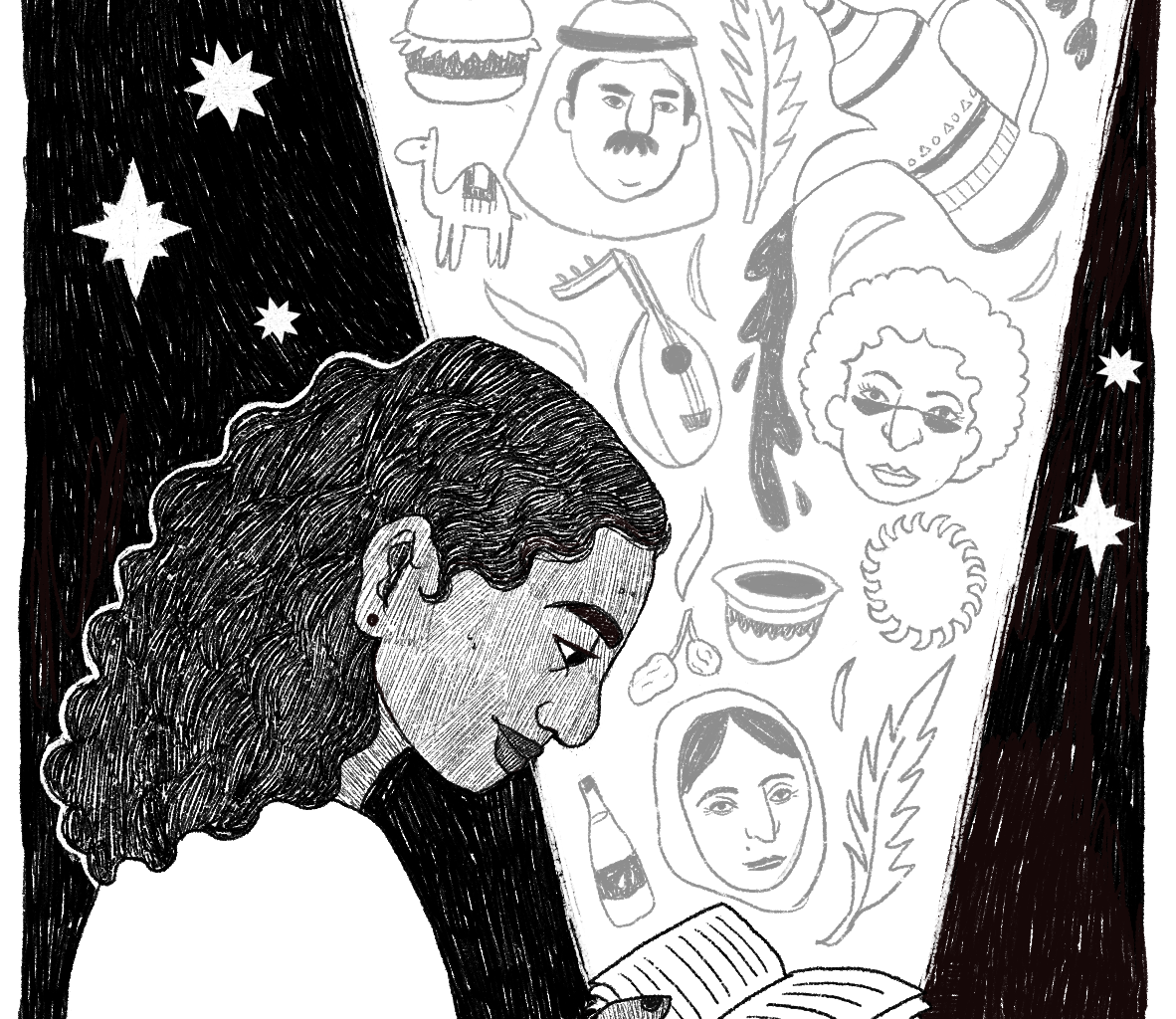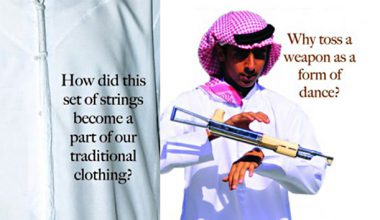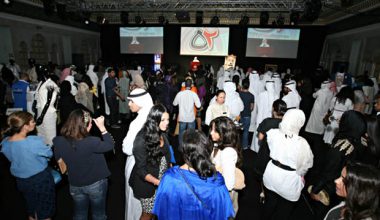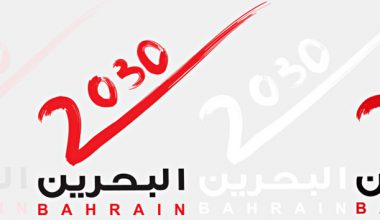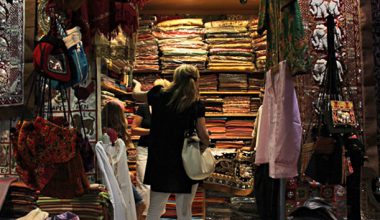As a Khaleeji and an individual who is interested in the field of higher education and its development, there are a lot of questions and concerns that I have concerning the changes that are happening in the world and in the education system. I believe that we are all continually learning and in a constant state of desire to develop our skills as human beings. Yet we live in a very fast paced, ever-changing world that tremendously impacts the way we view things and absorb knowledge.
I have looked closely at the changes that are occurring within our education system in the GCC and highlighted technology as a powerful tool that was introduced to support students through their scholastic journey of learning and knowledge acquisition. Technology was also introduced to educators and researchers like myself to help provide them with different resources to enhance the way they teach, while simultaneously using technology and its advancements as a learning platform.
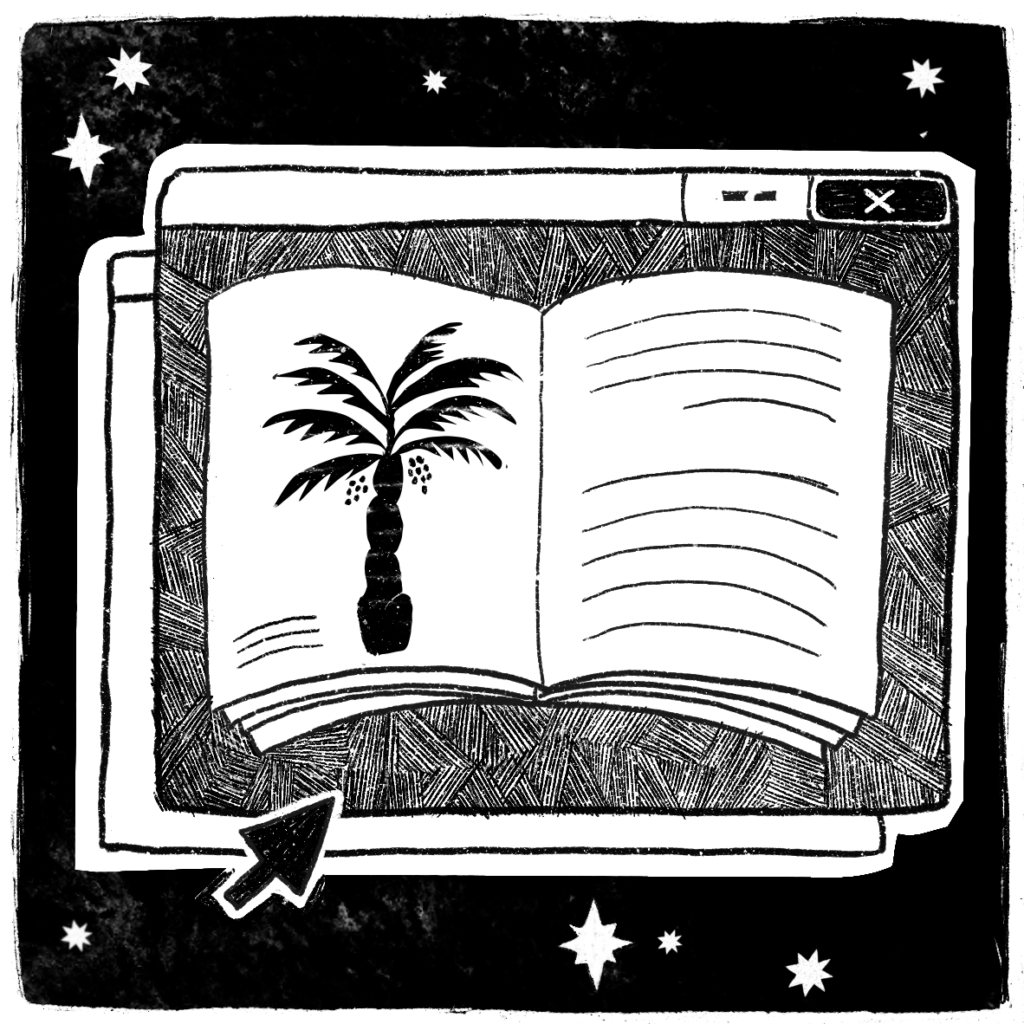
During my research, I noticed that we live in a region that does not only focus on the development of education but strongly emphasizes the topic of culture, yet when it comes to academic writing we find ourselves unable to support our writing as academics and students. I kept asking myself an essential question ‘why don’t we have the necessary materials that can support our discussions and findings on culture and identity’?
Countless projects from academics were hindered because of the lack of resources on Khaleeji literature. We do not only lack resources, but the issue is we also lack discussions on what we call literature. So what is “Khaleeji Literature”? And what are we missing in terms of necessary research material?
To many, Khaleeji literature is a combination of the cultural and creative ideas and mindsets that have been developed by us, the Khaleeji people, and our stories that have been selected, popularized, and adapted into TV shows and plays. The disappointing part is that these works were not translated nor properly documented on printed materials nor archived online.
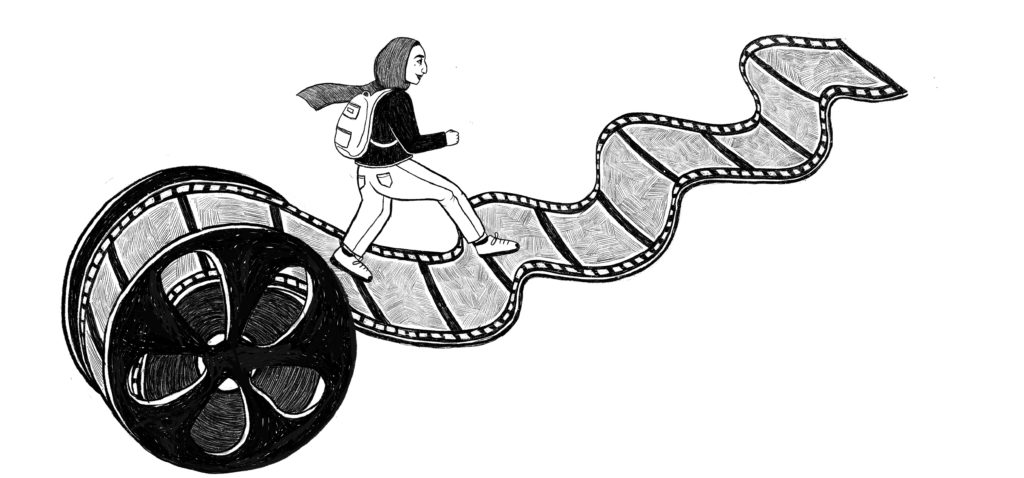
What we are missing are educational platforms that enable us to have a discussion on Khaleeji identity and culture. We need platforms that allow us to understand the elements that shaped our culture. These representational outlets can come in the form of translated platforms that educate us about how these literary and creative ideas were developed, how stories evolved, and how great plays changed our perspective. Our greatest victory is not only to create digital platforms that are simply visually appealing, but effective platforms that help students and other scholars in their academic pursuits.
To be able to develop effective educational and cultural online platforms, we need to understand the Khaleeji social context and how that environment affects, and is interlinked to, our own personal skills, how we function, and our ability to apply knowledge. With the rise of social media platforms in our region, it is important to see how such platforms can help connect users to your own initiative. Eduqate is an educational archive that encourages culturists and Liberal Arts students in the GCC to familiarize themselves with readings within the topics of culture and identity. The purpose of eduqate is to remedy the lack of resources and archived materials on Khaleeji literature. Eduqate is one of a few academic initiatives that aims to change how we view academia in the GCC. In my opinion, learning should not be a difficult task. But it should be easy and flexible especially when the topic deals with necessary and relevant matters like “identity”.
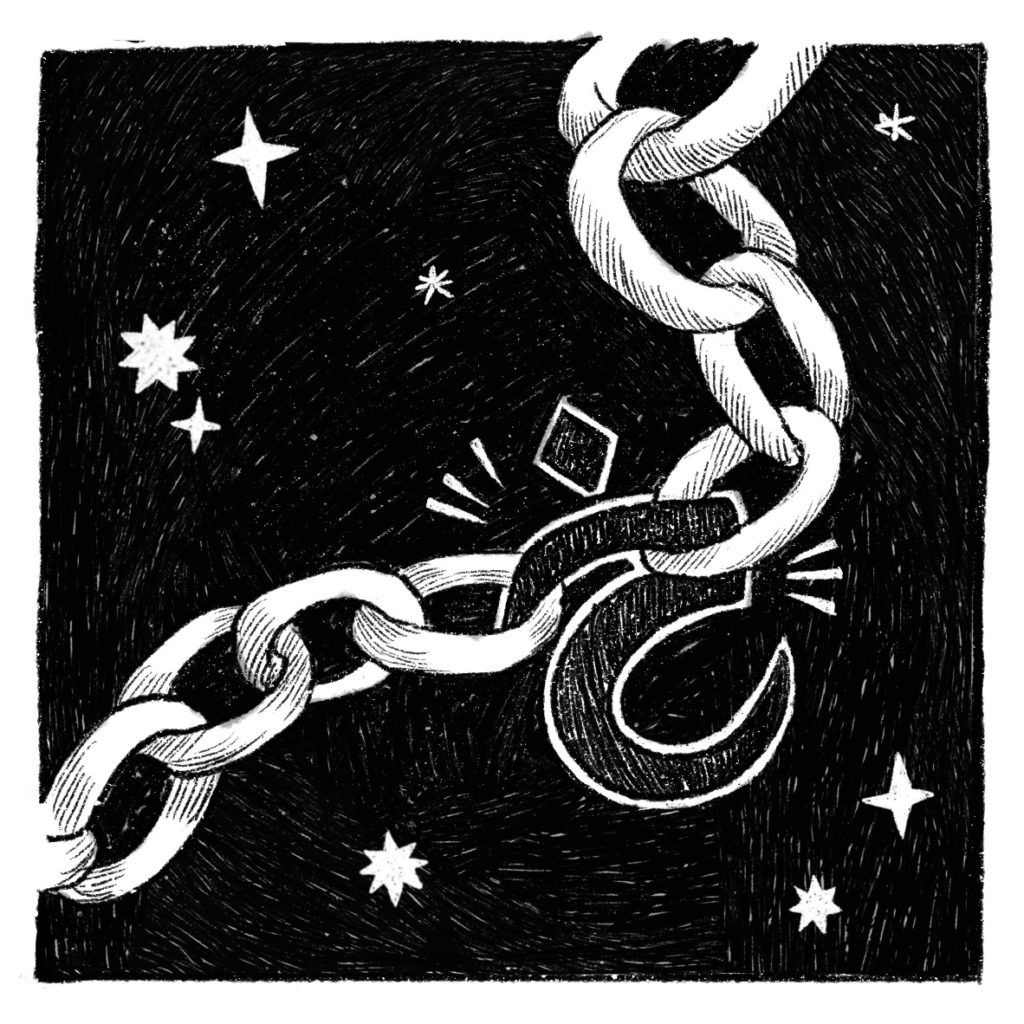
Judith Langer once said: “Literature makes us better thinkers. It moves us to see the multi-sidedness of situations and therefore expands the breadth of our own visions, moving us towards dreams and solutions we might not otherwise have imagined." Being exposed to Khaleeji literature for the Khaleeji individual is essential for character building, and a powerful way to connect those seeking knowledge of different aspects of the Khaleeji culture. It is the contribution of the written creative imagination, which includes poetry, drama, fiction, non-fiction novels and scenarios that are used in plays and other adapted, theatrical works.
Cultures are built on stories. Those stories may be historical, mythical, or religious. In part, stories make knowledge more digestible and easier to learn and remember. The stories told in works of literature illustrate how it would feel to live through times of prosperity and times of depression—these are collective memories and experiences that are critical to remember in any learning journey.
Reading about famous Khaleeji TV shows such as “Darb AlZalag”, “Khalti Gumasha” and unforgettable plays with iconic characters such as “Bye Bye London” enables scholars and the general public to walk in the character’s shoes, which allows the audience to experience, secondhand, realities they might have otherwise never been exposed to.
Documenting Khaleeji literature on digital platforms is a new way to help everyone understand the beauty of culture and their own socio-cultural identity. Archiving Khaleeji literature online helps the Khaleeji individual and all relevant and interested parties find missing historical and cultural links to long overdue questions. Most of all, this form of archiving helps us appreciate the notion of learning—particularly about our own Khaleeji culture’s creative history and contributions.
A version of this article was featured in Khaleejesque’s Tenth Anniversary, March 2019 issue.
Words: Khawla Al-Marri
Illustrations: Rama Duwaij

